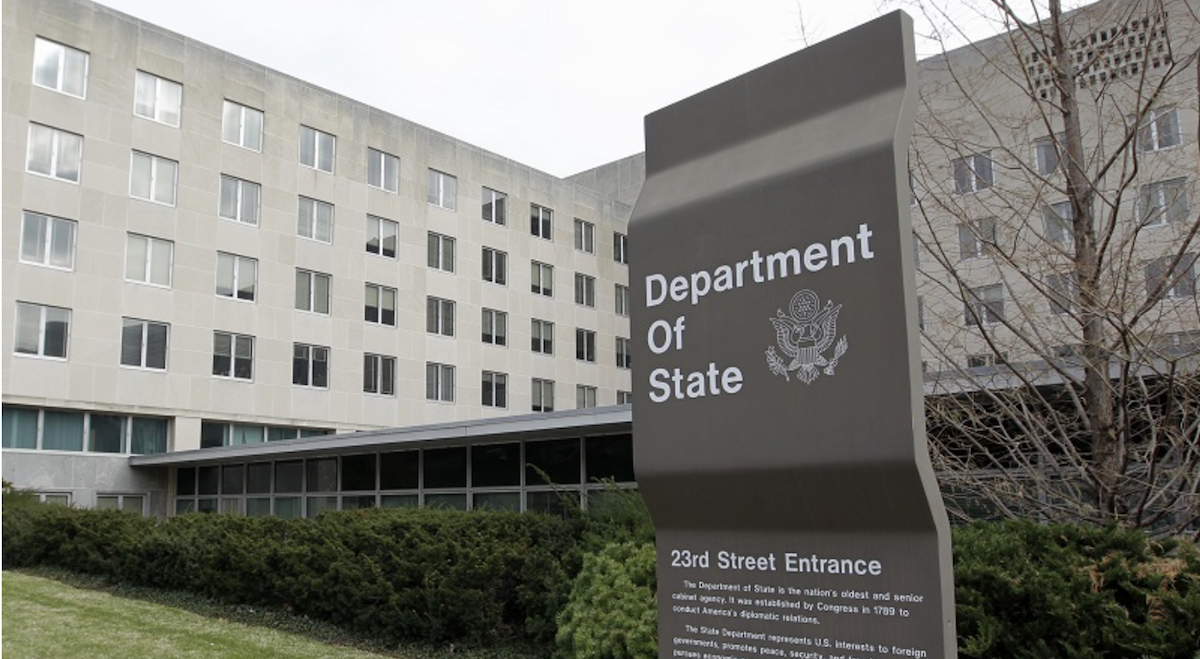U.S. State Department releases critical 2024 human rights report on Georgia
US State Department’s report on Georgia
The US State Department has released its 2024 human rights report on Georgia, naming the entry into force of the “so-called “Law on Transparency of Foreign Influence” as one of the year’s most significant negative developments. According to respected NGOs cited in the report, the law restricted freedom of expression and freedom of association”.
Key points from the State Department report
The report also mentions the “Law on Family Values and Protection of Minors,” which it says “criminalised certain forms of expression.”
It states that “a campaign of intimidation, coercion and abuse of administrative resources restricted freedom of expression, especially in the context of the October parliamentary elections.”
“Significant human rights issues included credible reports of torture or cruel, inhuman or degrading treatment or punishment, and of arbitrary arrest or detention,” the document says.
The State Department notes that last year saw “serious restrictions on freedom of expression and media freedom, including violence and threats of violence against citizens and journalists, unjustified detention and prosecution of journalists, and the chilling impact of the transparency and family values laws.”
“Although the government took steps to investigate and punish some officials responsible for human rights abuses, impunity remained a problem,” the report says.
It describes incidents of violence against journalists: “More than 30 violations of media freedom occurred during the 26 October elections, including damage to equipment, verbal and physical assaults, and intimidation.”
The report also notes that “around 450 participants in pro-European demonstrations were detained under the Administrative Offences Code.”
Citing the OSCE/ODIHR assessment of the October 2024 elections, the report says: “Reports of intimidation, coercion, pressure and influence on voters… raised concerns about the ability of some voters to cast their ballots free from fear of retribution.”
On labour rights, the report highlights the strike by employees of Evolution Gaming, noting: “There were reports of hunger strikes and strikes by some workers, as well as coordinated efforts to intimidate striking employees, including the use of ‘thugs’ (titushki) who physically assaulted workers.”
The report also describes systematic harassment of journalists and activists. According to the findings, media workers and activists received threatening phone calls, and their homes and offices were vandalised, including with offensive posters and damage to vehicles.
The State Department notes that the media ombudsman recorded 15 cases of violations and restrictions affecting journalists covering protests against the foreign influence law outside and around parliament in April and May.
It adds that several international media watchdogs, together with the media ombudsman and the Council of Europe’s Platform for the Safety of Journalists, reported at least 30 violations of media freedom during the 26 October elections. These included the destruction of equipment, verbal and physical assaults, and intimidation. By the end of the year, the government had not investigated these reports.
According to the report, the situation worsened further in late November and December. Authorities or unidentified assailants, believed to be acting on behalf of the ruling Georgian Dream party, used violence against dozens of media workers covering protests. The attacks included beatings, pepper spray, tear gas and water cannons. Reported injuries included spinal and facial fractures and chemical burns, with several journalists requiring hospital treatment.
News in Georgia




















